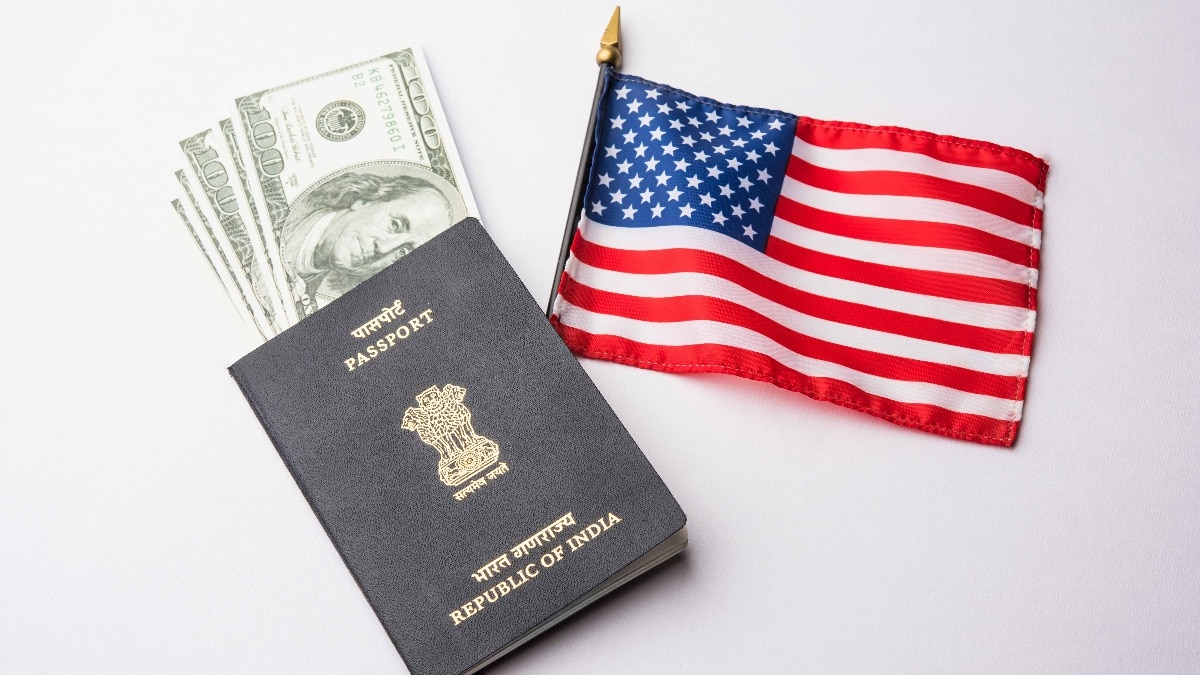2024-06-24 12:59:54
The US Department of Homeland Security (DHS) is proposing a rule that would require employers to pay additional fees when extending work visas for foreign employees starting July 8. The proposal includes a USD 4,000 (approximately Rs 3,33,000) fee for extending an H-1B visa and a USD 4,500 (approximately Rs 3,75,000) fee for extending an L-1 visa.
This extension of the 9/11 Response and Biometric Entry-Exit Fee, which currently applies only to initial visa petitions and changes of employers, aims to fund national security programmes.
The 9/11 Response and Biometric Entry-Exit Fee, established by the Consolidated Appropriations Act of 2016, supports systems that track the entry and exit of non-US citizens.
The H-1B visa, favoured by Indian professionals, will be impacted by this change. H-1B visas are the main pathway for Indian IT companies to send their software engineers to the United States, with Indians consistently being the largest group of H-1B recipients.
In 2022, Indians secured 77 per cent of the 3,20,000 approved H-1B visas. This year, the US Citizenship and Immigration Services (USCIS) anticipates around 3,50,000 applicants, a decrease attributed to new measures against fraud.
Last year, over 4,00,000 out of 7,59,000 registrations were duplicated.
Currently, employers with 50 or more US employees, where over 50 per cent are on H-1B or L-1 visas, must pay this fee for initial petitions or changes of employer. The fees are USD 4,000 for H-1B petitions and USD 4,500 for L-1 petitions.
These visas allow US companies to bring in skilled professionals for specialised roles that are difficult to fill locally, highlighting their importance in the American job market.
The new rule proposes extending these fees to cover visa extension petitions. Employers would need to pay the USD 4,000 or 4,500 fee not only for initial petitions or changes of employer but also for extending the employment period of current H-1B or L-1 visa holders.
The Department of Homeland Security (DHS) has provided some reasons for this proposed change.
Firstly, the expanded fee will provide additional funds necessary for the biometric entry-exit systems continued operation and enhancement.
Secondly, applying the fee uniformly across all petition types ensures consistency and fairness.
Lastly, adequate funding will help maintain and improve the biometric entry-exit system, which is essential for monitoring immigration and enhancing national security.
Indians hold the highest number of H-1B visas and could be significantly affected by the proposed changes. Companies relying on visa extensions may face substantial costs, leading them to reconsider their hiring strategies for foreign employees.
H-1b visa, h-1b visa news, H-1b employer, h-1b extension fees, h-1b visa transfer fees, h1b extension fees increase, h1b extension fees uscis, h1b fee increase
Source link
![]()
